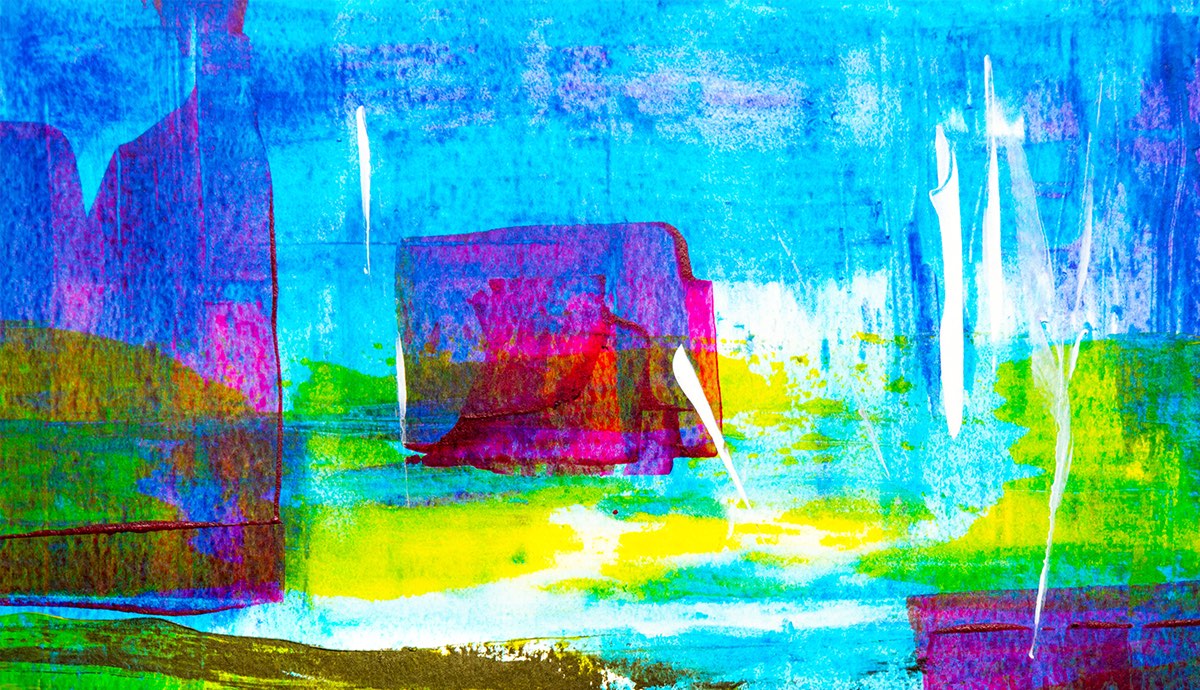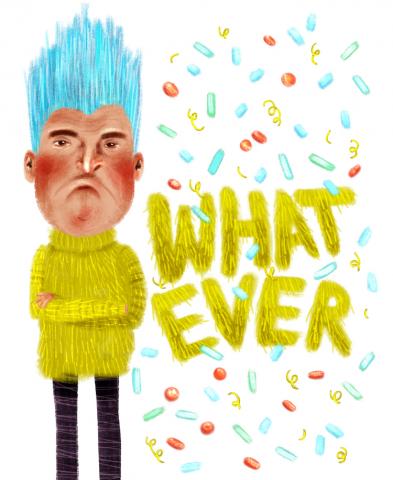Censorship tends to be understood as something imposed upon a writer or artist from the outside, a force that often means well, e.g. to protect children from exposure to harsh words etc. I understand these needs, and I feel obliged to protect children too especially since I have a six-year-old boy.
However, there is another kind of censorship that is more insidious or unwholesome for artists and writers, and that is when we decide for whatever reasons to clean up words, images and actions that were never dirty in the first place.
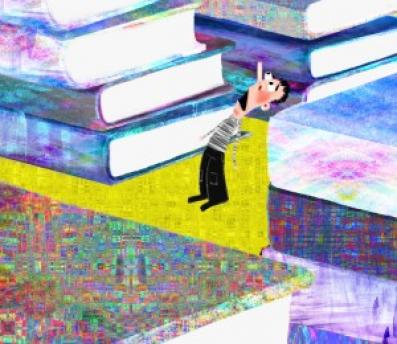 How does this happen? I can't pretend to know all of the situations where this happens. But I will speak to one area that I am familiar with. There is a strong current that pushes writers of color to not say anything about their own experience, and that current comes from the dominant culture, which is predominantly white and middle class. To give a specific example from my own work, I know that if I write about a sexual or romantic relationship with a white woman in which white people—not even including the white woman herself—are not pictured in a way that is flattering to white people in general, that some white editors and other white people will say my work is "angry" or "not art" or "not universal." (This has actually happened to me many times, including with people who have said they admire my work.)
How does this happen? I can't pretend to know all of the situations where this happens. But I will speak to one area that I am familiar with. There is a strong current that pushes writers of color to not say anything about their own experience, and that current comes from the dominant culture, which is predominantly white and middle class. To give a specific example from my own work, I know that if I write about a sexual or romantic relationship with a white woman in which white people—not even including the white woman herself—are not pictured in a way that is flattering to white people in general, that some white editors and other white people will say my work is "angry" or "not art" or "not universal." (This has actually happened to me many times, including with people who have said they admire my work.)
Once in 1983 in a workshop in Easton, PA, Gwendolyn Brooks was speaking about how black poets are pushed to be silent about racism because talking about racism sounds "angry" and it is "not art" and it is "not universal." Gwendolyn Brooks asked the rhetorical question, "Isn't black experience part of the universe?"
Twenty-six years later, the question is still getting mixed answers, so to speak.
Of course, white people have a right to feel offended when they are portrayed in art in ways that make them look bad. I've been offended by art thousands of times when it portrayed Asians and Asian-Americans in ways that were denigrating, disrespecting, dehumanizing, degrading, castrating (of men), hypersexualizing (of women), and art that was just generally disgusting and vile etc. In fact, I've walked out of movies and and turned off TVs etc.
Why have I reacted so strongly to mere art and media? Because my experience tells me that this mere media can be toxic and destructive and that it can and does lead to violence against people like me.
How do I know that? It doesn't happen every day, but it does sometimes happen that someone who does not know me at all will suddenly start screaming or yelling racist insults at me, sometimes including violence and threats etc. There was one time a few years ago on a subway train in NYC or some other major metropolis while I was with several poet/writer friends that a poor and possibly mentally ill man launched into a vicious verbal tirade aimed entirely at me for no reason—except my race. There was also a young guy in 1994 who tried to kill me with a hammer at a subway station in Brooklyn for no reason—but my race seems to have been a factor in his thinking.
I sense that there is almost no honest dialogue about race in America because no one wants to admit the obvious truths that we all share. My experiences are not unique to Asian Americans. I think people of every race and ethnicity regularly encounter racism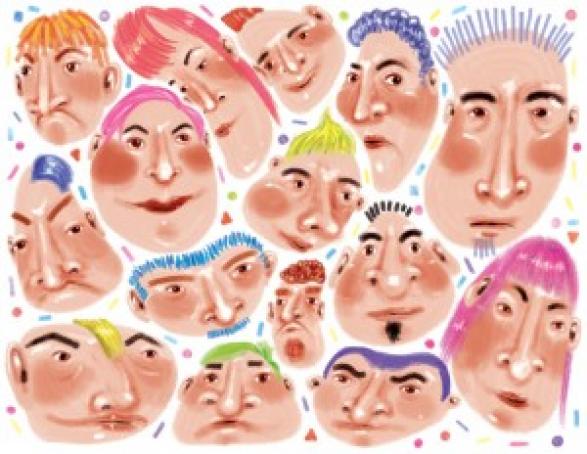 in some form in America, either from the vantage of a person being injured or a person creating pain for another. I know that many white people feel that they have experienced pain because some others were prejudiced against them.
in some form in America, either from the vantage of a person being injured or a person creating pain for another. I know that many white people feel that they have experienced pain because some others were prejudiced against them.
But even writers and poets who should feel obliged to be honest about these things are pressured to not say too much. There is too much self-imposed "ethnic cleansing," that is, writers who want to pretend their ethnic experiences are totally clean of anything like that other kind of unpleasantness.
I believe that silence on these racial themes is not just unhealthy; it is a silence with an aggressive side, a virulent side. What does that virulence translate into in the real world?
I was at a reading staged by a very highly regarded press some years ago in another great city, and I was by chance one of the two Asian-Americans in the crowded room. There was a poet on stage reading work that very blatantly set forth a lot of Asian woman stereotypes (it might have been the Asian female sex kitten stereotype or the dragon lady stereotype—I honestly don't remember). What stuck with me was the look on the face of the other Asian American, a woman, in the room. I could tell it really bothered her. I felt offended for her sake and mine. I considered shouting from the audience at the poet on stage; he was so cocky, arrogant, and blind to his own privilege. But I did not. I heard him out.
Then I resolved never to buy a book from that press, ever. (By the way, that press went under due to improprieties of its chief editor a few years later.)
Was it an overreaction to never want to buy a book from that press? I don't think so. Why should I give money and support to people who basically dump $@%^ all over my people? It's not helping anyone of any color—including white people—to support ignorance.
I also resolved to keep writing the truth about my own experience like I always have.
When people like me are silent about racial themes in our own work, it makes more room for speech that is hateful and ignorant. I completely understand that the ignorant white guy would probably want to walk out on me too if he would ever come to a reading I was giving.
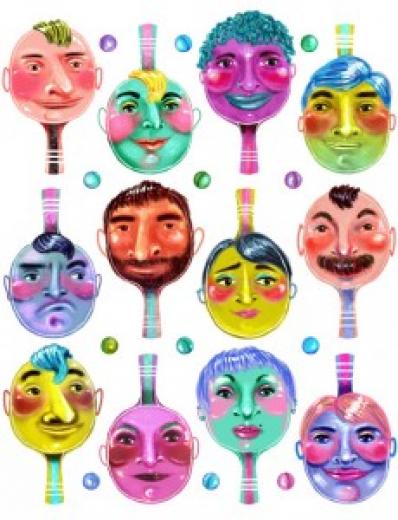 In the real dialogue of poets and writers, there will always be a lot of strong language and a surprising (even depressing) amount of ignorance and insensitivity to race, violence and sex. But at least where there is an honest exchange, there would be a chance for real change.
In the real dialogue of poets and writers, there will always be a lot of strong language and a surprising (even depressing) amount of ignorance and insensitivity to race, violence and sex. But at least where there is an honest exchange, there would be a chance for real change.
I am thinking about this because recently a handful of my works that are more on that edge of racial dialogue have been accepted for some nice online publications after being rejected for many years. I have often wondered why these works are so hard to place when at the same times works that are no better have been published in many great journals in print and online etc.
It is hard to know where to draw the lines. I ask myself how this work might have an impact on the future generations of my own people and other people. In general, I tend to favor putting the truth out there even knowing that it will not win any popularity contests, that it will offend a lot of people, and that it will inspire some people immeasurably.
One of these works that is forthcoming this year is so harsh in terms of its racial and sexual content that it even makes me want to ask if it is really necessary. Then I think about my son and how much I want him to have at least a chance to have a fair shot at saying what he knows and feels in the world as it is. It's also true that my work could offend some people so much that they'd never ever want to read anything I write again. That is how it is. But the writers who inspired me to write did the same thing—they knew they were going to offend many and at the same time inspire the next generations of great writers. They were familiar with courage not because they wanted to do anything brave but because so many others around them were so obviously afraid.


